Archiv článků
Prohlédněte si všechny články a objevte více zajímavých témat!

Evropské čtvrtky ve Skauťáku
"Současná krize je příležitostí k posílení Evropy."
Přijď poslední čtvrtek v měsíci do našeho skautského sousedství a přidej se do otevřené diskuze, která bude následovat po tom, co Monika Ladmanová odprezentuje tento hot take. Monika Ladmanová je vedoucí Zastoupení Evropské komise v ČR, pracovala i pro Český helsinský výbor či nadaci Open Society Fund. S evropskou komisařkou Věrou Jourovou připravovala směrnici o slaďování soukromého a pracovního života lidí, kteří pečují o blízkou osobu.

ČRo Plus | Obrat nebo další taktika? Trump mluví o snadném řešení celních sporů
Spojené státy jsou podle Donalda Trumpa připraveny k rychlé dohodě ohledně vyřešení celních sporů. Vyjádření přichází jako povzbudivý signál po období nejistoty ohledně dlouhodobé strategie americké obchodní politiky. Situaci pro Česká rozhlas Plus komentoval zástupce ředitele Institutu EUROPEUM Viktor Daněk.
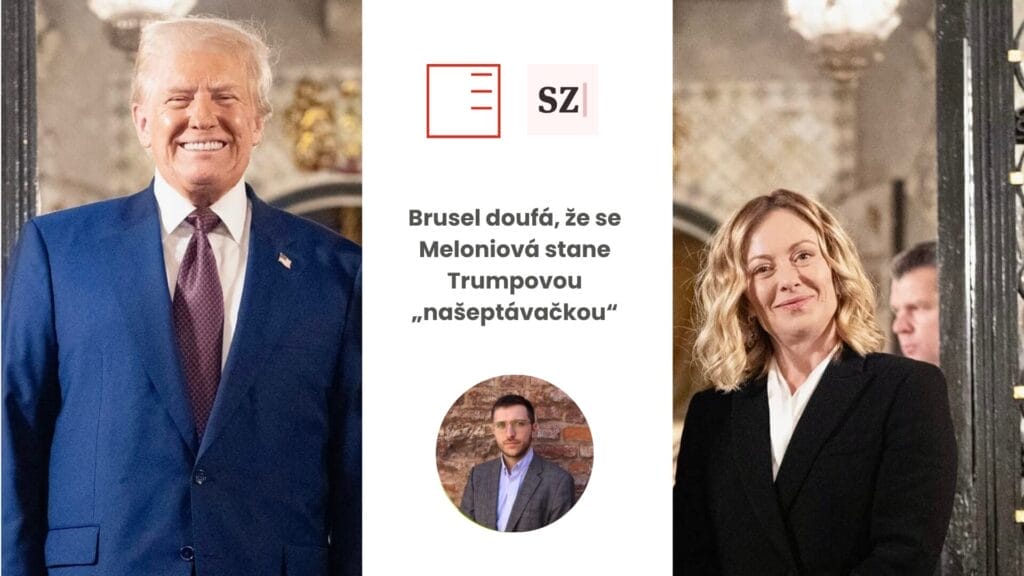
Seznam Zprávy | Brusel doufá, že se Meloniová stane Trumpovou „našeptávačkou“
Giorgia Meloniová míří do Bílého domu. Přestože se unijní lídři dlouho obávali, že italská premiérka, která má blízko k Donaldu Trumpovi, poruší evropskou jednotu, nyní ji vidí jako hlavní spojku s Bílým domem. Cestu do Washingtonu hodnotil odborník na unijní otázky v oblasti ekonomiky a hospodářské soutěže Filip Křenek z Institutu EUROPEUM.
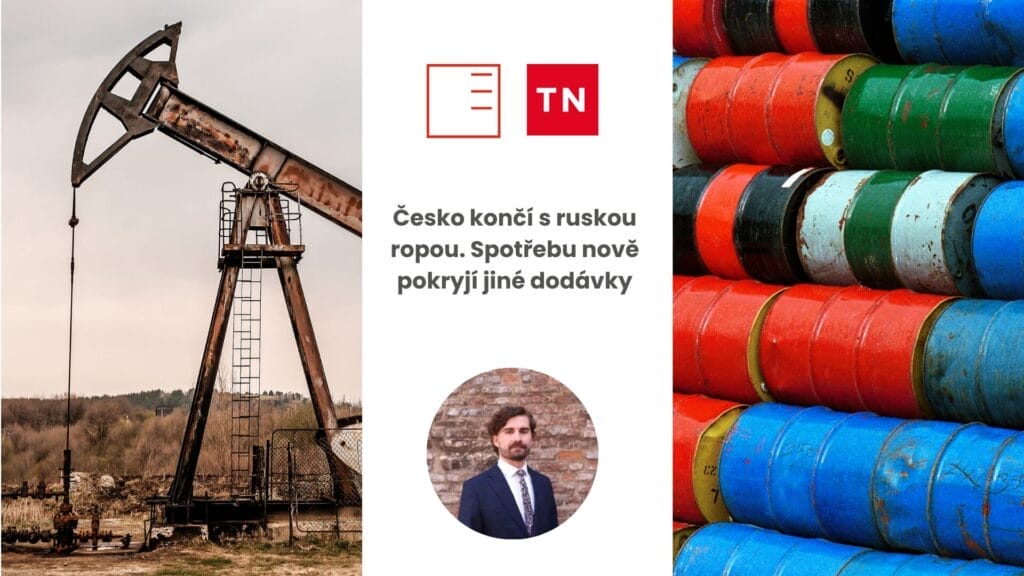
TN Live | Česko končí s ruskou ropou. Spotřebu nově pokryjí jiné dodávky
Česko se poprvé po více než šedesáti letech obejde bez dodávek ruské ropy. Nově zajištěné surové dodávky mají pokrýt veškerou domácí spotřebu, a to bez závislosti na jediném dodavateli. Země tak naplňuje svůj závazek vůči Evropské unii a posiluje svou energetickou bezpečnost. Pro TN Live komentoval zástupce ředitele Institutu EUROPEUM Viktor Daněk.
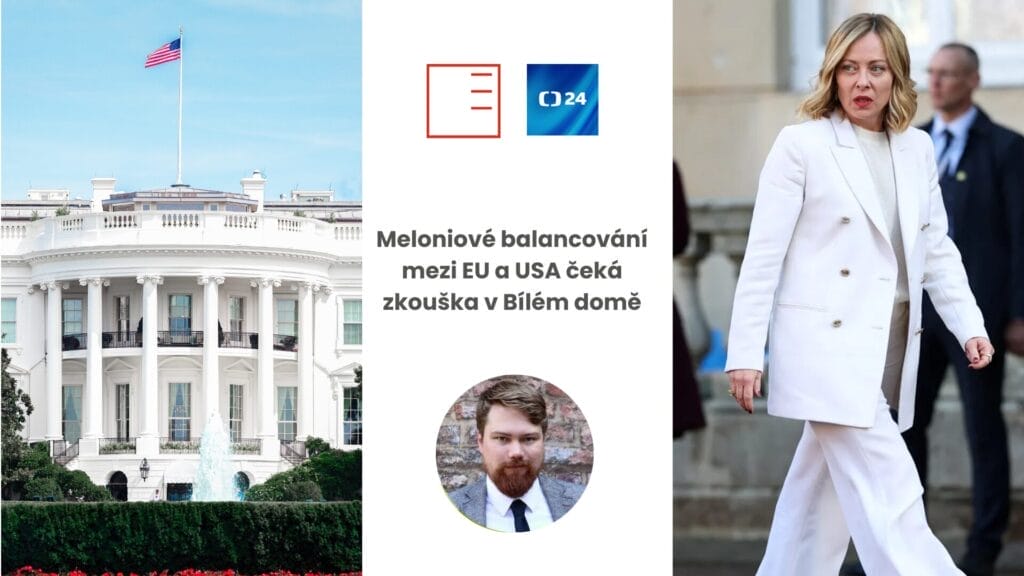
ČT24 | Meloniové balancování mezi EU a USA čeká zkouška v Bílém domě
Italská premiérka Giorgia Meloniová se prezentuje jako blízký spojenec amerického prezidenta Donalda Trumpa a prostředník mezi Washingtonem a Bruselem. Jenže krize vyvolané americkými cly nebo vyjednáváním o příměří v rusko-ukrajinském konfliktu oba celky oddálily a pozici Meloniové ztížily. Pro ČT24 komentoval ýkonný ředitel Institutu pro evropskou politiku EUROPEUM Martin Vokálek.
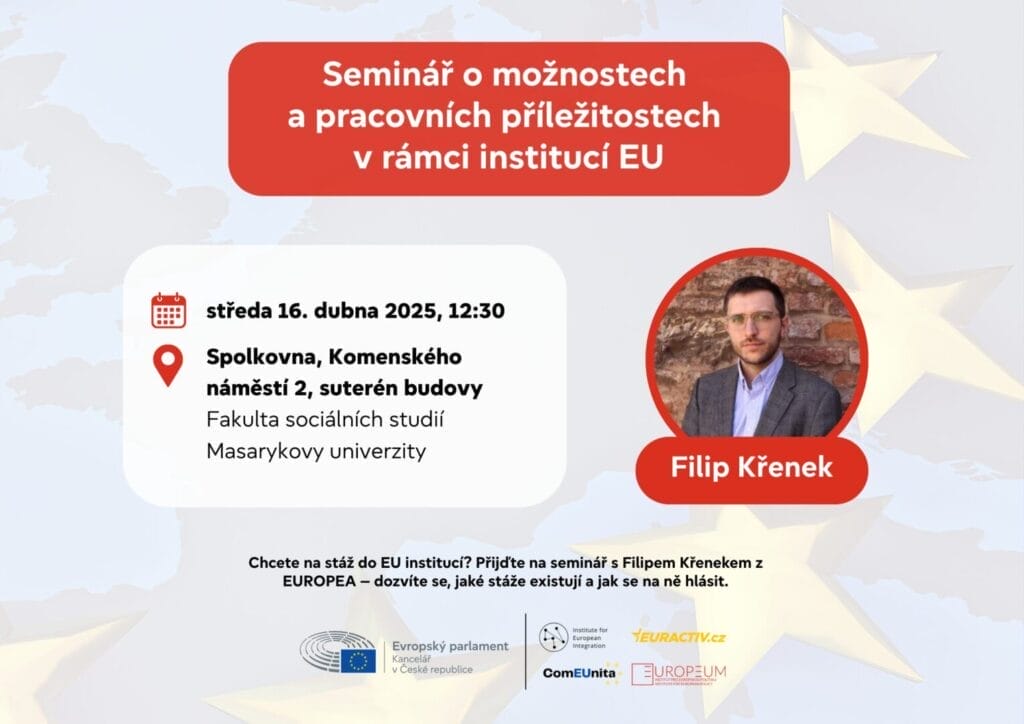
Seminář o možnostech a pracovních příležitostech v rámci institucí EU
Zvažujete stáž v institucích Evropské unie? Přijďte na praktický seminář, kde se dozvíte, jaké typy stáží nabízí Evropská komise, Rada EU, Evropský parlament i jednotliví europoslanci, jak se na ně přihlásit a co obnáší příprava.

Ekonomický deník | EU sjednocuje sdílení dat o veřejných dobíjecích stanicích
Na hlavních dopravních tazích po celé Evropě budou veřejné dobíjecí a čerpací stanice povinně sdílet informace o své poloze a dostupnosti jednotným a automatizovaným způsobem. Nová pravidla, která mají zjednodušit přístup k těmto údajům pro uživatele i provozovatele, schválila Evropská komise začátkem dubna. Pro Ekonomický deník komentoval analytik Institutu Europeum Filip Křenek.
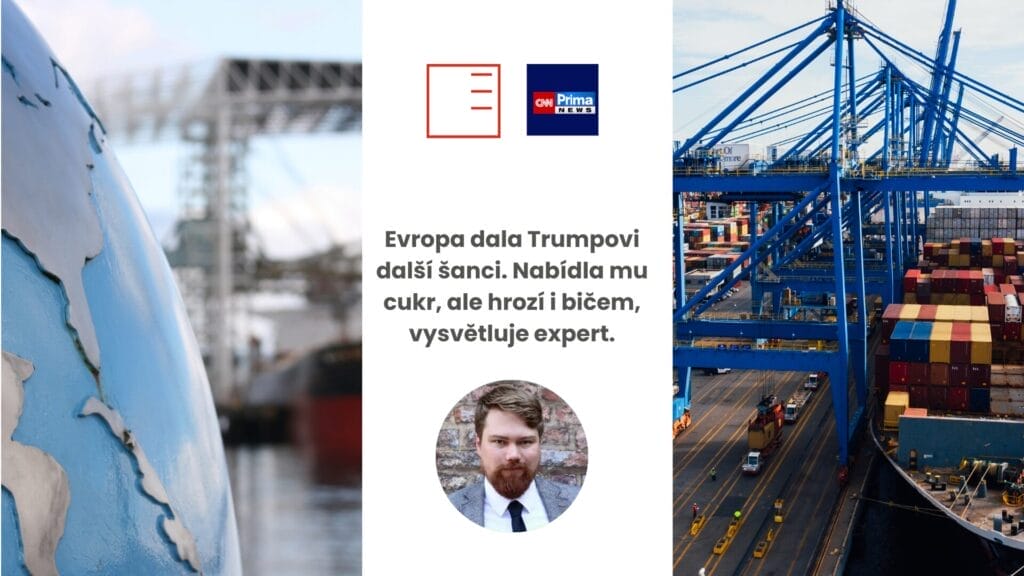
CNN Prima News | Evropa dala Trumpovi další šanci. Nabídla mu cukr, ale hrozí i bičem, vysvětluje expert
Situaci ohledně cel a metody cukru a biče komentuje Martin Vokálek, výkonný ředitel Institutu pro evropskou politiku EUROPEUM.
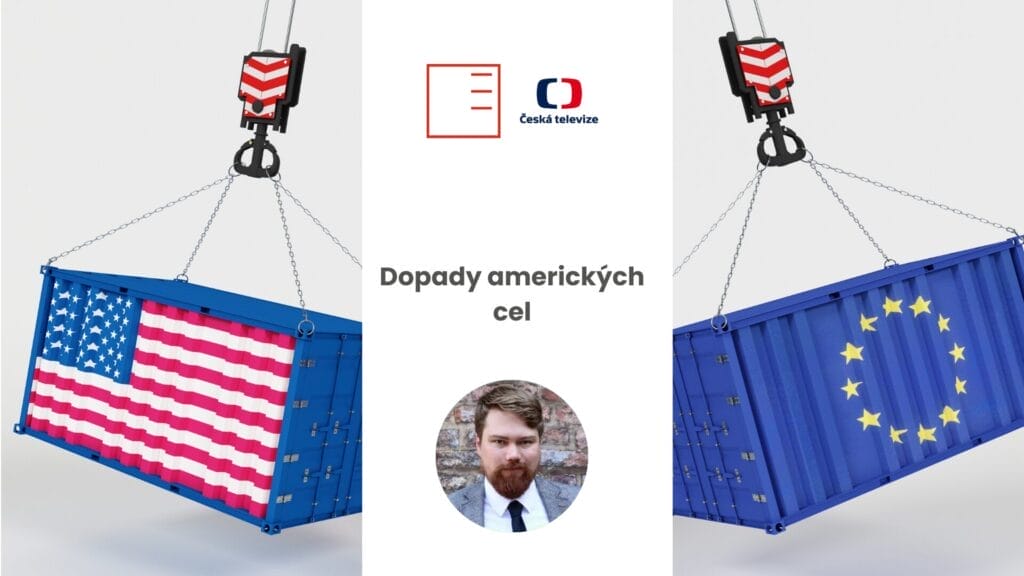
ČT24 | Dopady amerických cel
Téma dopadu amerických cel na Evropskou unii rozebral ve svém komentáři ředitel Institutu EUROPEUM Martin Vokálek.
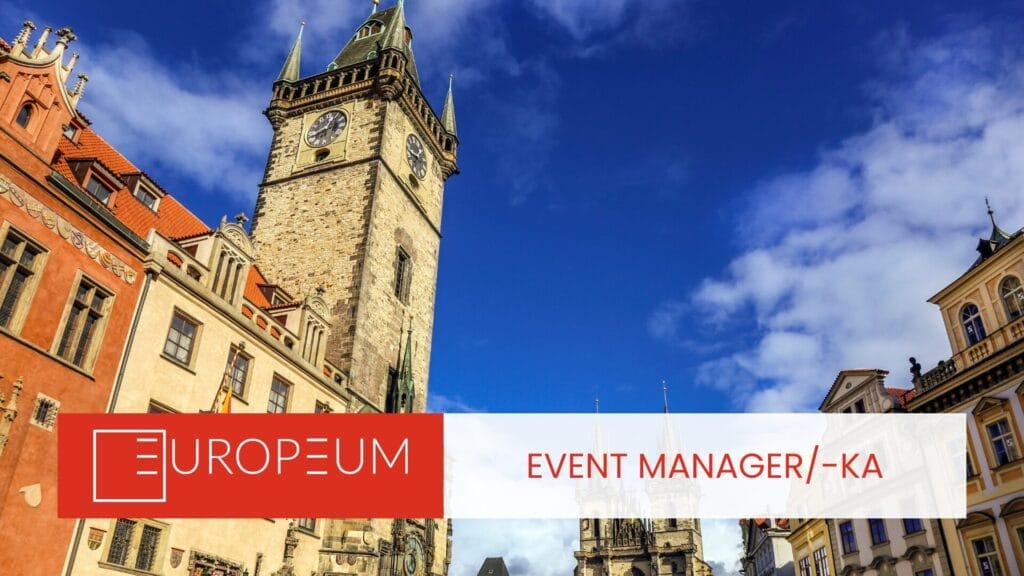
Hledáme Event Managera/-ku
Do našeho mezinárodního týmu v pražské kanceláři hledáme eventového manažera/manažerku se zájmem o evropská témata, který/á by převzal/-a zodpovědnost za organizaci významné části našich akcí pro širokou i odbornou veřejnost, vnesl/-a do ní nové obsahové i organizační podněty a plně se zapojil/a do činnosti Institutu. Nabízíme rozmanitou práci v oblasti, která má dopad na veřejnou diskuzi o evropských tématech v Česku i jinde v Evropě.
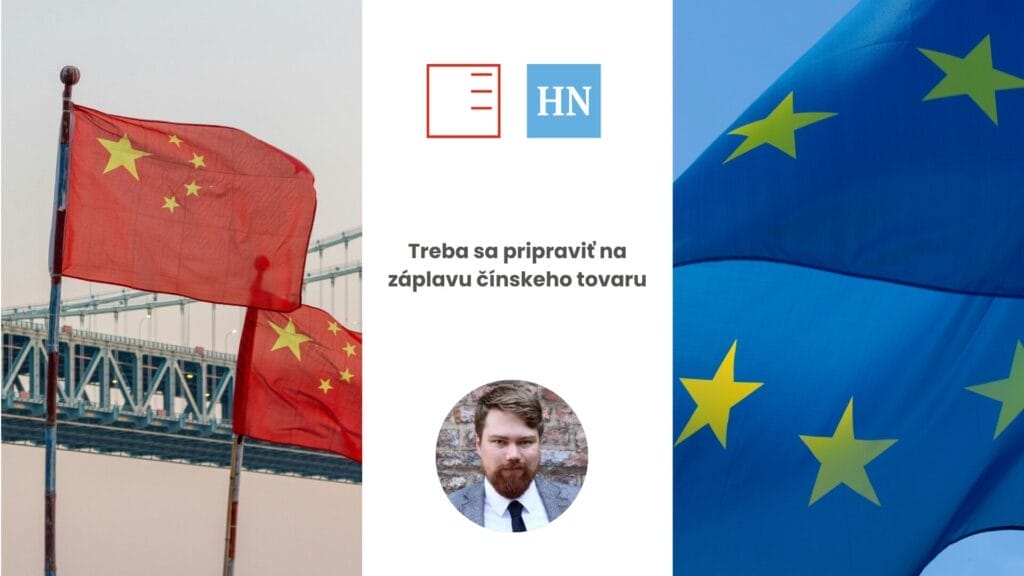
TREND.sk | Treba sa pripraviť na záplavu čínskeho tovaru. EÚ hľadá riešenie, zatiaľ sa len slamky chytá
Tvrdé colné opatrenia by mohli vyhrotiť obchodnú vojnu s Čínou. Európa by mala hľadať rovnováhu medzi ochranou trhu a otvoreným obchodom, uviedol pre portál Trend.sk výkonný riaditeľ inštitútu EUROPEUM Martin Vokálek.
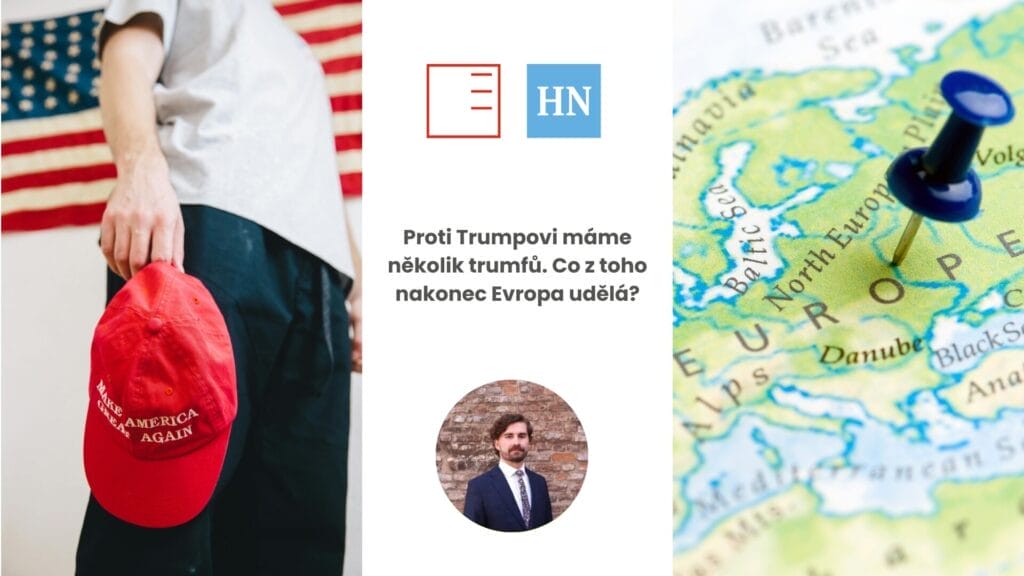
Hospodářské noviny | Proti Trumpovi máme několik trumfů. Co z toho nakonec Evropa udělá?
Obchodní politika Donalda Trumpa znovu rozkolísala globální trhy i transatlantické vztahy. Největší škody ale nevznikají v celnicích, ale v důvěře, která se bude obnovovat roky. Více v komentáři Viktora Daňka, zástupce ředitele Institutu EUROPEUM, v newsletteru Ředitelé Evropy pro Hospodářské noviny.